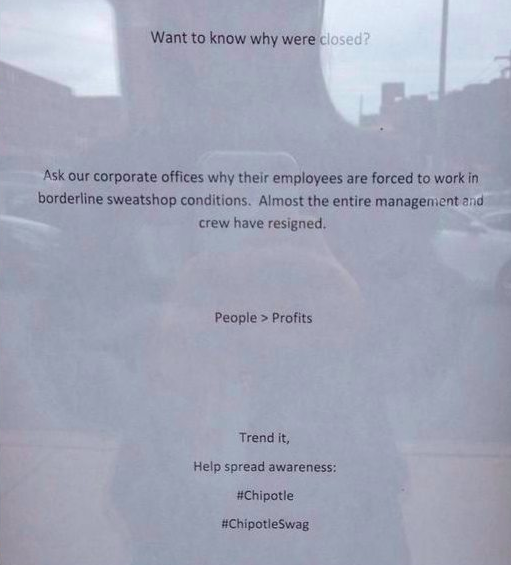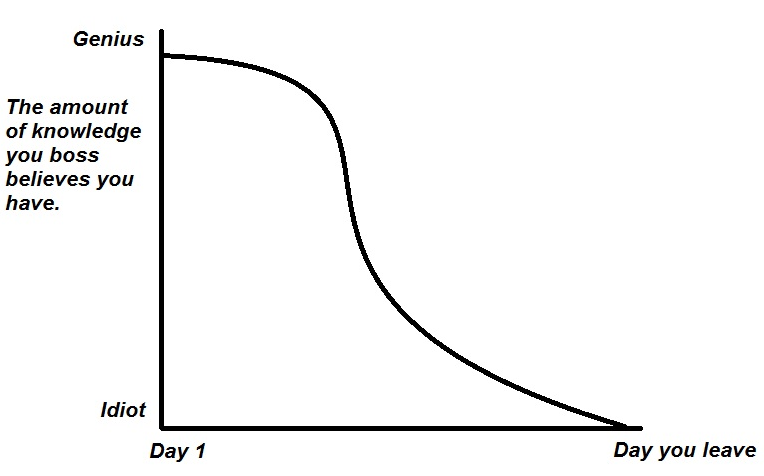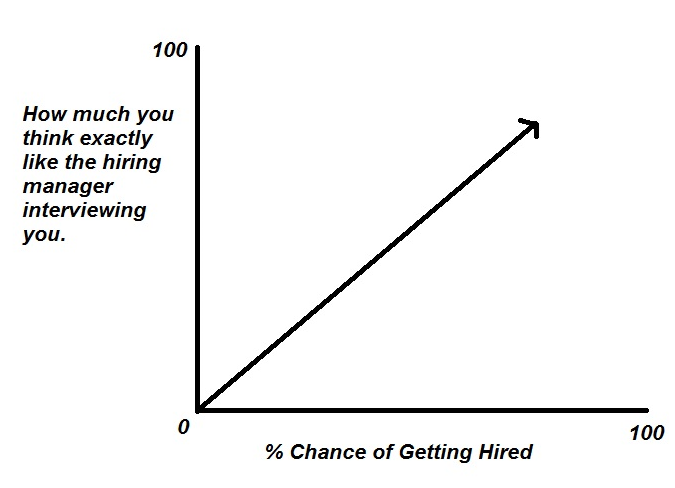The one great thing I love about going to HR and Talent conferences is that you always get reminded about what really good HR should look like. It doesn’t mean that your shop will be there, but it gives you something to shoot for. I’ll admit, sometimes it can be frustrating listening to some HR Pro from a great brand tell you how they ‘built’ their great employment brand through all their hard work and brilliant ideas. All the while, not mentioning anything about “oh, yeah, and we already had this great brand that marketing spends $100 million a year to keep great!”
Regardless, seeing great HR always reminds me that great HR is obtainable for everyone. Great HR has nothing to do with size or resources. It has a lot of do with an HR team, even a team of one, deciding little by little we’re going to make this great!
I think there are six things you need to know to make your HR department great:
1. Know how to ‘sell’ your HR vision to the organization and your executives. The best HR Pros I know are great storytellers, and in turn great at selling their visions. If you don’t have a clear vision of what you want your HR shop to look like, how do you expect others to get on board and help you get there. Sit down, away from work, and write out exactly what you want your HR shop to look like. Write it long-hand. Write in bullet points. Just start. It will come.
2. Buy two pairs of shoes: one of your employees and one of your hiring managers. Try them on constantly. These are your customers, your clients. You need to feel their joys and pains, and truly live them. Knowing their struggles will make you design better HR programs to support them. Support them, not you.
3. Working hard is number 1. Working smart is number 1A. Technology can do every single transaction in HR. Don’t allow tasks and administrative things be why you can’t do great HR. Get technology to do all of this busy work so you can focus on real HR deliverables.
4. Break something in your organization that everyone hates and replace it with something everyone loves. This is usually a process of something you’ve always done, and people are telling you it still has to be done that way. Until it doesn’t, and you break it. By the way, this doesn’t have to be something in HR. Our leaders and our employees have so many things that frustrate them in our environments. Just find one and get rid of it.
5. Sometimes the path of least resistance is the best solution. HR people love to fight battles for the simple act of fighting the battle. “NO! It has to be done this way!” “We will NOT allow any workarounds!” Great HR finds the path of least resistance. The path of greatest adoption. The path which makes our people feel the most comfortable, even if it isn’t the path we really, really want to take.
6. Stop being an asshole. You’re in HR, you’re not a Nazi. Just be nice. We’re supposed to be the one group in our organization that understands. Understands people are going to have bad days and probably say things they don’t mean. Understands that we all will have pressures, some greater than others, but all pressure nonetheless. Understands that work is about 25% of our life, and many times that other 75% creates complete havoc in our world!
Great HR has nothing to do with HR. Great HR has a lot to do with being a great leader, even when that might not be your position in the organization.




